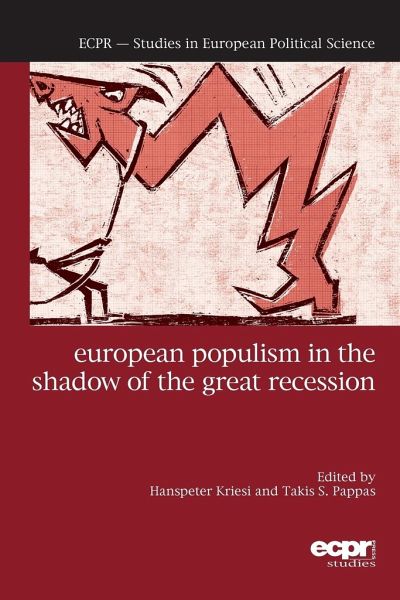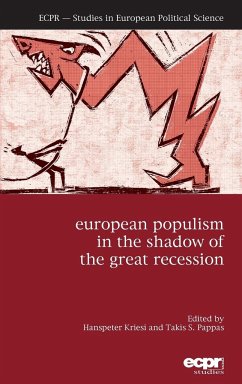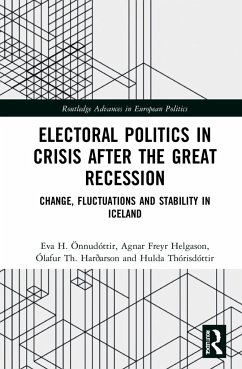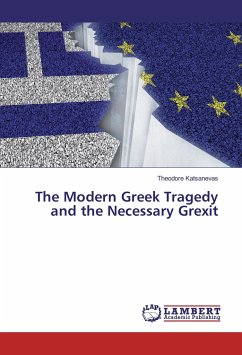
European Populism in the Shadow of the Great Recession
Versandkostenfrei!
Versandfertig in 1-2 Wochen
53,99 €
inkl. MwSt.

PAYBACK Punkte
27 °P sammeln!
This volume, covering twenty-five populist parties in seventeen European states, presents the first comparative study of the impact of the Great Recession on populism. Based on a common analytical framework, chapters offer a highly differentiated view of how the interplay between economic and political crises helped produce patterns of populist development across Europe. Populism grew strongly in Southern and Central-Eastern Europe, particularly where an economic crisis developed in tandem with a political one. Nordic populism went also on the rise, but this region's populist parties have been...
This volume, covering twenty-five populist parties in seventeen European states, presents the first comparative study of the impact of the Great Recession on populism. Based on a common analytical framework, chapters offer a highly differentiated view of how the interplay between economic and political crises helped produce patterns of populist development across Europe. Populism grew strongly in Southern and Central-Eastern Europe, particularly where an economic crisis developed in tandem with a political one. Nordic populism went also on the rise, but this region's populist parties have been surprisingly responsible. In Western Europe, populism actually contracted during the crisis - with the exception of France. As for the two Anglo-Celtic countries, while the UK has experienced the rise of a strong anti-European populist force, Ireland stands out as a rare case in which no such a party has risen in spite of the severity of its economic and political crises.












